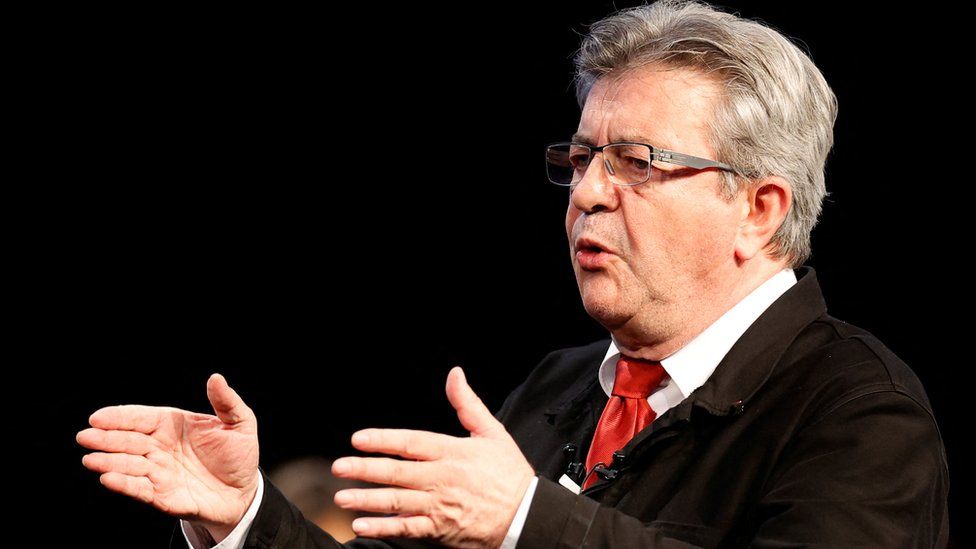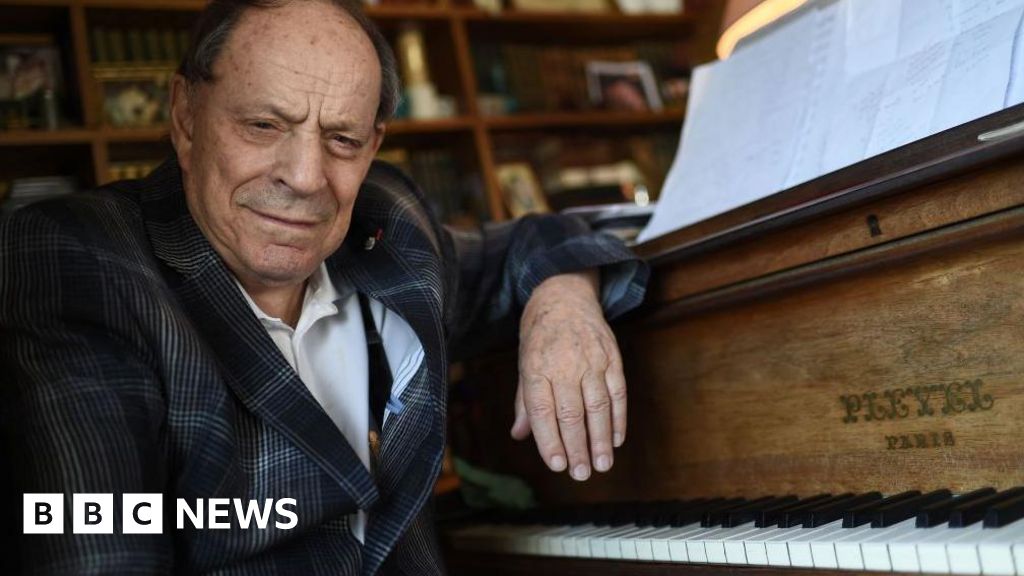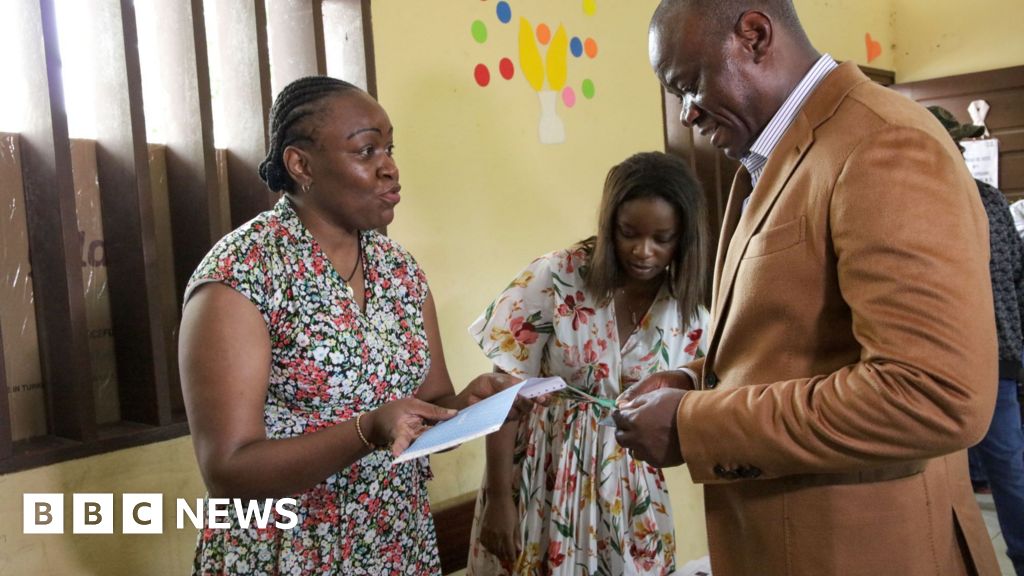ARTICLE AD BOX
By Paul Kirby
BBC News
 Image source, Reuters
Image source, Reuters
Mr Mélenchon has brought together parties from the left as well as the Greens in his alliance
A veteran firebrand of France's far left, Jean-Luc Mélenchon, leads an alliance that aims to stop President Emmanuel Macron controlling the next government.
He came a close third in the presidential election in April and has set his sights on winning a majority in France's parliamentary elections, vowing to become prime minister and "revive the system". It may be unlikely but his coalition is neck and neck in the polls with Mr Macron's.
Voters take part in two rounds on 12 and 19 June, electing 577 MPs, and to form a majority government the winning party needs 289 seats.
Mr Mélenchon has formed a left-wing alliance called NUPES, bringing together his own La France Insoumise (France Unbowed) with the Socialists, Greens and Communists.
NUPES stands for Nouvelle Union Populaire Écologique et Sociale (New social and ecological people's union) and is challenging President Macron's centrist Ensemble! (Together) bloc.
Marine Le Pen's far-right Rassemblement National (National Rally) is well behind the two front-runners in the polls, but ahead of the more mainstream grouping on the right.
From Marxist to radical challenger
Jean-Luc Mélenchon dropped a career in teaching and journalism for left-wing politics in the 1970s. He served briefly as junior education minister under Socialist Prime Minister Lionel Jospin but, by the early 2000s, became disillusioned with the what he saw as the Socialists' drift to the right.
He became a Euro MP as part of a new left-wing party in 2009. But it was only when he formed France Insoumise that he broke through, winning 19.6% of the vote in the 2017 presidential election.
He bettered that in the April 2022 presidential election, with 21.95% of the vote, attracting a cross-section of voters on the left and coming close to beating far-right rival Marine Le Pen to challenge Emmanuel Macron in the run-off vote.
Immediately, he announced his intention to lead the government, adopting the slogan "Mélenchon Prime Minister". President Macron has made clear it is his job to name the prime minister: "No political party can force a name on the president."
What his alliance wants
During the Macron presidency, the far-left leader has opposed his policies and backed the yellow-vest protests against economic inequality, making the most of his party's 17 MPs in the National Assembly. He has had to fend off recent criticism of his call for France to leave Nato, which not all of his new allies agree with either.
Image source, EPA
Image caption,France's Greens, Socialists and Communists have joined the NUPES alliance
His NUPES alliance has come up with 650 policies to govern France, with an admission that they have 33 policy differences - about 5% of the programme. "The idea hasn't been to end up with an ideological fusion," he stressed.
In brief they are calling for:
- Retirement to be lowered from 62 to 60
- The minimum wage (known as Smic) to go up by around 15% to €1,500 a month
- The return of wealth taxes on people and companies
- A freeze on the prices of basic essentials
- The creation of a million jobs.
The parties have contrasting views, for example on the EU which is strongly backed by the Greens and Socialists, but less so by the other two.
But they have attracted the support of well-known economists including Thomas Piketty, who praises its focus on social and fiscal justice. However, pro-business think tank iFrap has warned that the programme would turn French growth negative and spark inflation even if it did create a million jobs.
Emmanuel Macron is unimpressed with the left-wing alliance's policies: "They quote the word taxation 20 times and the word ban 30 times, which gives you a pretty clear idea of the spirit of their programme."
What could they achieve?
If they deprive President Macron of a majority, they have already done what they set out to do. They have a strong chance of stopping Ensemble from reaching the required number of 289 seats.
Without a majority, the Macron government would find it much harder to push through legislation without opposition support.
Mr Macron's centrist coalition won 350 seats after his initial presidential victory in 2017 but polls predict this time they could win anywhere between 260 and 300 seats. A likely low turnout in the first round adds to the uncertainty.
However, NUPES have set their sights on government, which would require their own majority. That would mean cohabitation with a president from another party, not seen since Jacques Chirac in 2002. This degree of success is highly unlikely.

 2 years ago
68
2 years ago
68








 English (US)
English (US)